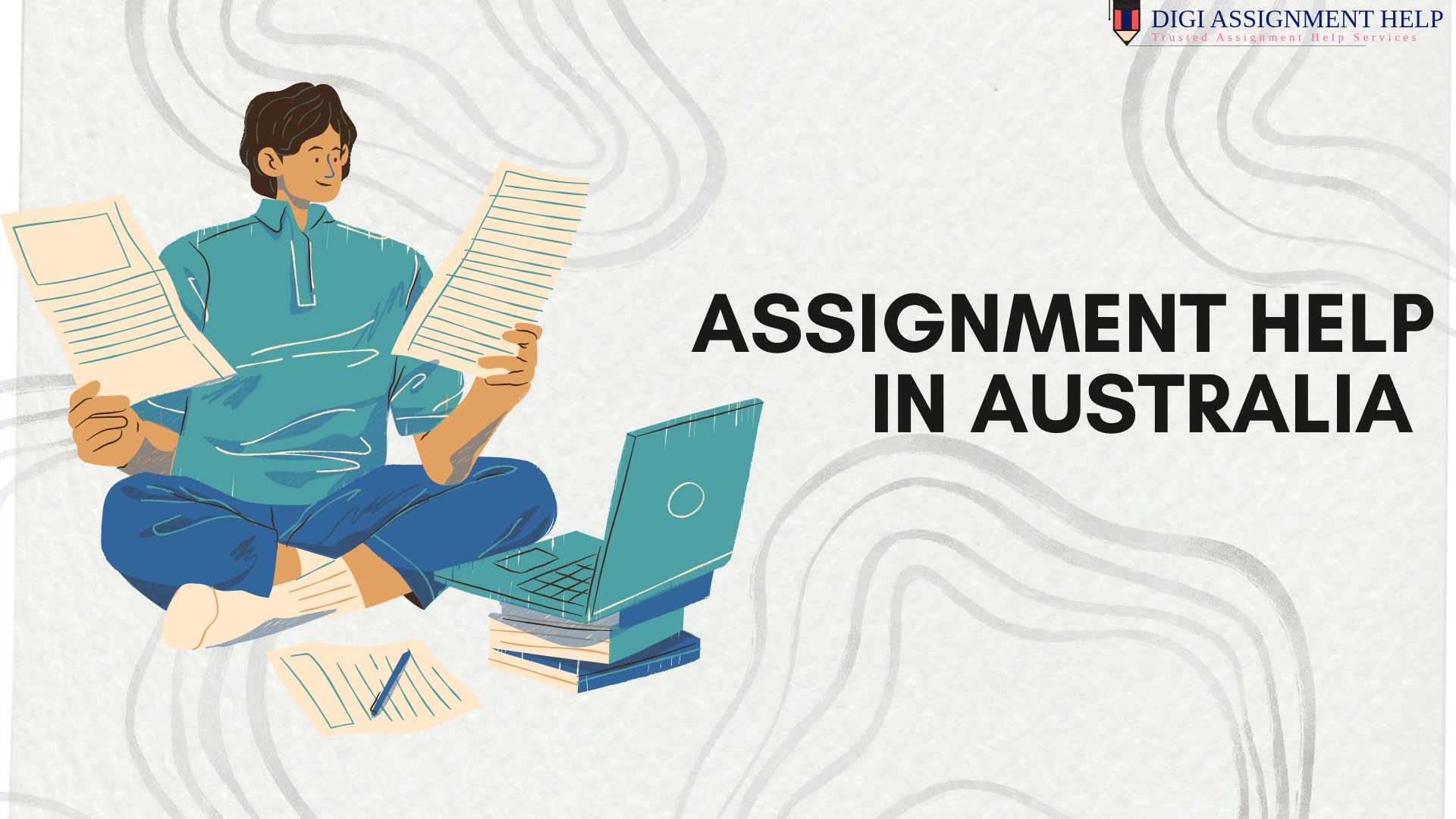How to Balance Work, Study, and Life as a Nursing Student
 30-Jul-2024 11:01 AM
30-Jul-2024 11:01 AM

Being a nursing student is tough. The balance of work, study, and life can be even harder. So, to manage that all smoothly, here are some tips:
Plan and Organise
Planning is crucial for success, involving goal-setting, resource identification, and strategic preparation to achieve objectives. A nursing student should maintain a schedule. Take note of work hours, study time, and personal activities. Use a planner or an app. This allows the tracking of tasks.
Make a to-do list each day and prioritize tasks on the list. Check off the completed tasks. You can feel the satisfaction of accomplishing something. Weekly planning is helpful as well. Just go to the planning schedule and see what you have coming due. Study during work shifts and avoid last-minute rushes. Being organized takes up less time and kills stress.
Set Priorities
Set your priorities wisely to ensure you focus on what truly matters and achieve your goals effectively. Start with the most important tasks. A nursing student needs to know what life-threatening tasks are.
Divide larger work into smaller chunks to ensure they are much easier to manage. Make sure to finish urgent assignments first. Don't spend too much time on less important tasks.
Practice saying no to additional activities. Protect study time. It is important to set clear priorities to balance both work and study tasks. Focus on the main thing each day. Stay focused on those tasks.
Use Time Wisely
Time management is crucial and avoid wasting time. Read or listen to your study materials during your travel time. Get the most out of every minute as a nursing student. This means you need to spend less time on things like social media during your study.
Have a routine study time scheduled daily and stick to this routine. Use a timer to stay on track. To improve your study effectiveness, break these studying sessions up into short bursts of focus.
Take small breaks in between. This keeps the mind fresh. Reviewing notes daily improves retention, comprehension, and preparation for exams. That way, you do not have to wait till the night before an exam.
Stay Healthy
Health is very important, so eat nutritious food, exercise regularly, and get enough sleep. A nursing student must be in a fit form to manage the stress. Avoid junk food and opt for snacks that are as healthy as possible, such as fruits and nuts.
Drink plenty of water. Stay hydrated. Exercise regularly, and strengthen the body to reduce stress. Strive for 30 minutes of physical activity a day.
Sleep is crucial, so aim for 7-8 hours each night to enhance learning, and see your doctor for regular check-ups. Don't forget about your mental health, either talk to a friend when you are stressed out or contact a therapist.
Seek Support
Please do not feel afraid to ask for help. Talk to family and friends, ask for advice and voice your concerns. Join a study group. Nurse students can always help and share notes with other nurse students.
Then talk about the hard conversations with your classmates. Studying in groups can be helpful. If you are having trouble, speak to the professors for guidance.
Use campus resources. There are many support services in Australia for universities. This includes counselling as well as academic help. Get yourself a mentor to give you advice and have a good support system.
Use Resources
Many resources are available for nursing students. Use libraries, online databases, study guides, and nursing apps for immediate information. A nursing student in Australia has access to many learning tools. Students can access the interactive lectures and video tutorials online.
You can watch videos on nursing topics. Avail articles and research papers. Libraries offer quiet study spaces. Use them to focus better. Use the free resources available to you through the university. Online forums and discussion groups can provide additional help.
Manage Stress
Stress is common, but practising relaxation techniques like meditation or yoga can help manage it effectively. Break into study sessions and take short breaks.
Avoid Stress - This is the most important tip for a nursing student. Breathing deeply can also help. Listen to calming music. Spend time in nature. Hike in the park or go to the beach.
Reach out and talk to people, like your friends or family, if you need help. Share your thoughts and you need to balance life. Stress management is the key. Engage in hobbies such as painting and reading. It helps in calming of mind.
Set Realistic Goals
Set achievable goals and don’t aim too high. A nursing student should have a realistic idea about it. Celebrate small successes and take short breaks during study sessions. A nursing student should keep stress levels in check.
Divide big goals into small steps for better progress. Tackle them one by one. Suddenly those big tasks will seem a little less intimidating.
Review your goals regularly and adjust them if needed. Stay flexible and write down your goals as this will make the goal look clearer. Focus on what you can do today.
Communicate with Employers
While working, communicate with your employers. Tell them about your study routine. Explain your commitments and request shifts that accommodate your study hours.
Demonstrate that you are always serious about work and study. Effective communication will get you employer support in case of any issues. If necessary, admit to some extra hours of work on holidays for your boss. This shows dedication and being honest about your needs.
Balance Social Life
Don’t neglect your social life and spend time with loved ones. Engaging in various hobbies helps recharge and refresh your mind. Juggling school and personal life as a nursing student can be tough.
Schedule social activities to spend your time on other activities. Spend time with family and friends to balance your life. Going out and having a social life makes burnout smaller. It keeps the mind fresh. Make plans for the weekend whenever it is possible. Don’t isolate yourself.
Use Technology
Technology can help in many ways. Use apps to organize tasks and set reminders for deadlines. Educational videos and online tutorials can be useful for nursing students. These are great to do in the form of online forums and study groups. They provide a platform for discussing topics. Use flashcard apps for revision from time to time. Study groups can also be helpful with video calls.
Stay Positive
Maintain a positive attitude as challenges are part of life. A nursing student has to stay positive and think of the end goal as a nurse. Staying positive reduces stress.
Life can be stressful, but maintaining a positive attitude even in the worst of times helps to keep those negative thoughts and emotions at bay. It boosts motivation and celebrates progress. Each step, a tiny one is still something. Keep a positive outlook. The suitable time helps you balance work, study, and life. Repeat to yourself the successful things you have done. Remain optimistic about the coming days.
Practice Self-Care
Self-care is important, so make time for yourself and engage in activities you enjoy. Read a book, watch something, or go for a walk. A nursing student should not ignore self-care. Self-care aids in an individual's psychological well-being.
Practice mindfulness. Avoid overloading yourself with too many tasks. Know your limits. It's essential to take care of yourself otherwise you won't be able to balance all the things. Pamper yourself occasionally as It’s important to feel good. Make time for yourself to recharge.
Build a Support Network
In this sense, it also helps establish a support network. Join other nursing students to connect, and share experiences and tips. Learn from each other. Have emotional support from family and friends and guidance from the teachers & mentors.
This can make the journey much easier, having a good support network. Don’t hesitate to reach out as it helps to listen deeply and compassionately and to offer support. Attend networking events and join online communities for nursing students to build connections and support.
Be Flexible
Flexibility is crucial as plans can sometimes go awry, so be prepared to adjust as needed. A nursing student must remain flexible. If this doesn't work, try some other method. Flexibility helps with stress and work balance.
Keep an open mind and embrace change positively. You can work the same schedule every hour of every day, day in and day out. Be open to new study methods.
Learn to Delegate
Not everything should be done on your own. Learn to delegate tasks and share responsibilities, whether it's housework or work-related duties.
As a nursing student, don't be afraid to ask for help as it will take up time for learning. Task delegation is used in time management. Trust others to help you. Concentrate on only what you can do and allow others to support you.
Stay Motivated
Staying motivated is key to achieving goals and overcoming challenges. When you feel negative, remember the reasons behind what painted your passion for nursing. Keep your goals in mind. A nursing student should stay focused on the future.
This keeps motivation high. Celebrate your milestones as small rewards will boost your spirits. Keep visual pics of things or quotes that inspire you. Find people around you that will influence your life positively. Never lose your passion for nursing.
Avoid Procrastination
Procrastination could be a huge problem. Avoid putting off tasks and start assignments early. Break them into small steps. A nursing student should avoid procrastination.
Stress increases due to procrastination. So, it is harder to balance work, study and life. Stay proactive and finish tasks ahead of time. Turn to tools like these at times like deadline trackers. Avoid distractions and try to focus on one task at a time.
Get Enough Rest
Rest is essential for recovery, health, and maintaining energy levels. Don’t compromise on sleep as performance decreases with less rest. Nursing students should take 7-8 hours of naps if needed. They can recharge the mind.
Getting rest when you can help keep you from feeling dull in your study sessions. Getting enough rest enhances the ability to pay attention and remember. Create a comfortable sleep environment and avoid screens before bedtime. Establish a bedtime routine. It helps in falling asleep faster.
Practice Good Study Habits
Getting a good night's sleep is mostly the result of pretty mundane habits. Study regularly and avoid cramming before exams. A nursing student has to keep notes every day.
Toggle between procedures (e.g. summarize, communicate with someone else). Study in a quiet place and minimise distractions. Support with studying aids e.g. flashcards or mind maps However, do not forget to give yourself a breather so you will not be burned out. Understand the format of the tests (look at old tests).
Plan for the Future
Think about the future and set long-term goals. Plan your career path. A nursing student should have a good idea of what to do after he/she passes out their grade.
Explore various nursing specialities and understand the requirements. Arrange internships/experiential learning. This provides a better insight into the field. Keep track of industry trends as it helps to make the right decisions.
Conclusion
Nursing students juggle work, study, and life in Australia. However, when planned and supported it can work. Keep in mind that Digi Assignment Help can help you with your work to make the journey a bit better. Always remember these tips and do your best to stay on the path! Balance is achievable with the right strategies.
Top Blogs
|
Things To Know About Age Limits For Study Visas In Australia |
||










.webp)
















